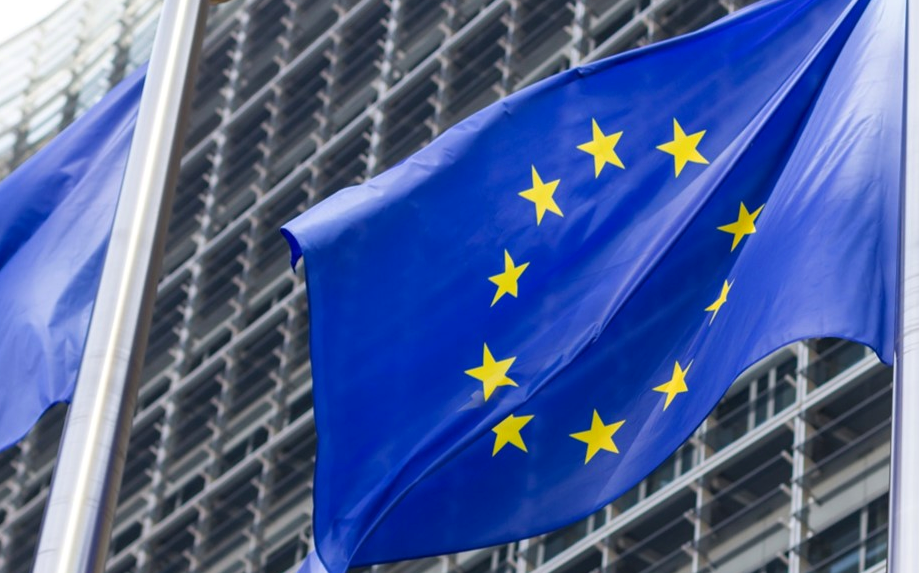What will the EU’s Green Deal mean for biofuels? Five things to watch
By Emmanuel Desplechin, ePURE Secretary General
The new European Commission begins its mandate at a crucial time in the fight against climate change. Right from the start there have been some promising signs, with incoming Commission President Ursula von der Leyen making a Green Deal for Europe her top priority.
But even though politicians seem to have gotten the message from the European elections in May that people want urgent action to move beyond fossil fuels and reduce emissions, it remains to be seen how committed they are to backing up their rhetoric with actions.
Here are five things to watch in the months and years ahead:
- How Green is the Green Deal?
Talking the talk is one thing, but will the EU walk the walk on its climate ambitions? Von der Leyen instituted a new structure for the Commission that puts climate policy front-and-centre. To become reality, her promise of huge EU emissions reductions will require policies that emphasise the importance of sustainable biofuels. As the IEA has pointed out, and as the Commission’s own long-term strategy makes clear, achieving the EU’s lofty goal of carbon neutrality by 2050 will require a massive upscaling of bioenergy, including both first- and second-generation biofuels.
- Follow-through on REDII?
The two-year battle over EU renewable energy policy for the 2020-2030 period was settled in late 2018 and RED II was enacted earlier this year. Now it is up to the EU to live up to the agreement reached among the EU institutions that confirms the importance of biofuels from crops, waste and residues such as ethanol to achieving renewables targets and separates them from bad biofuels such as palm oil. And it is also up to Member States to implement the directive and make more progress towards their renewables targets for 2030. Even though the contribution of crop-based biofuels towards those targets will be capped after 2020, Member States have until then to maximise their use. With momentum building to increase even further the emissions reduction target for 2030, the need for biofuels will be even greater. Given the new sense urgency, perhaps the 2023 mid-stream review of RED II would be a good time to raise or remove the cap on crop-based biofuels.
- Will Member States step up?
This summer the Commission warned EU countries that they need to be more ambitious when it comes to meeting climate commitments – saying that unless more is done Europe will fall short of its 2030 renewable energy deployment target. Fortunately, there is a way many Member States could already increase the share of renewables in their energy mixes: by adapting their national climate plans to encourage greater use of sustainable low-carbon fuels such as European ethanol. By encouraging the use of renewable ethanol blends such as E10 or E85, Member States could increase the share of renewable energy in transport while also providing an economic boost to European farmers and rural communities.
- What about a European protein strategy?
EU policymakers have long searched for a strategy to boost domestic production of animal feed to reduce the need for imported soybeans. This will be increasingly important in an era of escalating trade disputes. At the end of August, as fires raged through the Amazon rainforest, French President Emmanuel Macron raised the issue with more urgency, saying Europe needed to achieve “sovereignty on protein.” Here again, domestically produced biofuels should be part of the discussion, as they are an important source of GMO-free animal protein.
- Are policies working in sync?
The EU has several ways of dealing with environmental and energy challenges, but often its policies seem to be at cross purposes. This is especially true when it comes to biofuels. The long-term decarbonisation strategy will require a lot more biofuels, but RED II hamstrings their use. The EU wants increased domestic production of animal feed, but strikes trade agreements – such as the recent deal with Mercosur – that would effectively outsource the EU’s supply. It wants to discourage fossil fuels but still has rules on energy taxation that penalise emissions-reduction solutions like ethanol. Clearly these goals should be better aligned. If von der Leyen’s Commission manages to untangle all this by synchronising EU energy, environment, trade and taxation policies in a way that boosts renewable energy solutions, it will have gone a long way towards delivering on its promise.
